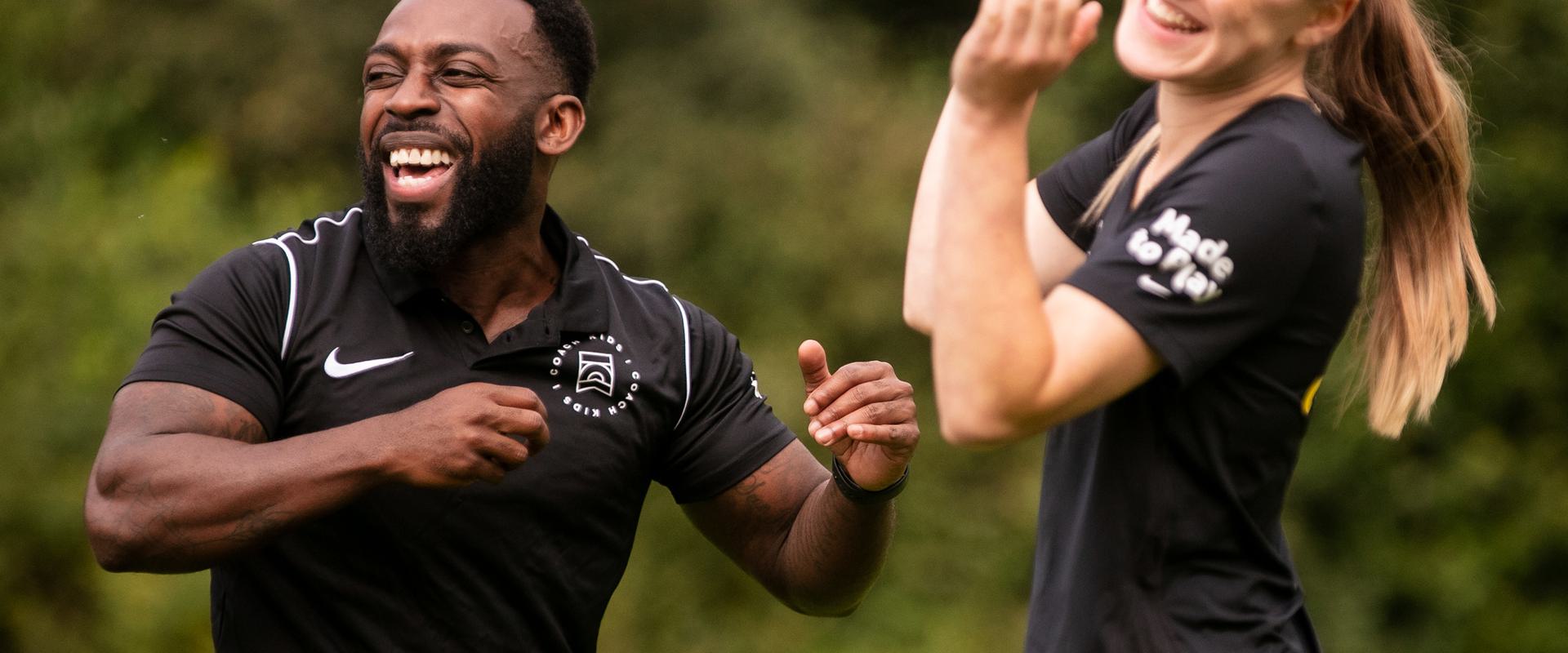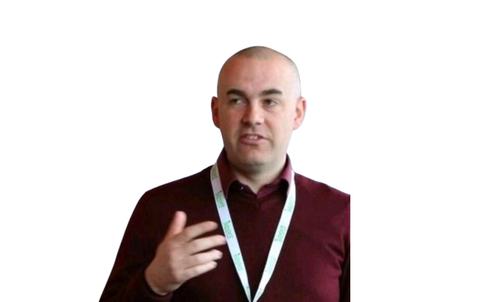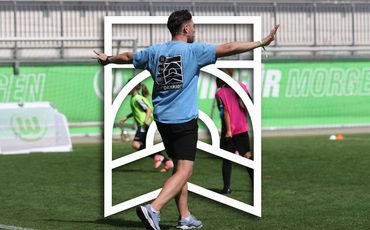
Flying High as a Coaching Team
with Simon Toole
Being a coach can be an amazing experience, but in the wrong environment it can also lead to feelings of isolations, anxiety and fatigue. I’ve definitely experienced both ends of the spectrum, but thankfully more of the former and less of the latter. For me, often the difference has come down to the people around me in the coaching team, or the lack of people around me. As children’s coaches, most of us coach voluntarily for the love of it, we coach to give kids great sport experiences, we coach to give something back, and very often we squeeze it in around work, family and everything else that’s going on in our lives (or maybe sometimes even squeeze work and family around coaching?). So if we’re going to keep coaching for the long term, we need to love it, we need to feel good as we coach, and we need to have the right people around us – functioning well as a team.
While thankfully nobody has ever asked me to get behind the wheel of a jumbo jet - Crew Resource Management (CRM), which originates from the aviation industry, is one lens through which to reflect upon team functioning.
CRM is a training intervention designed to reduce errors and increase the effectiveness of flight crews. This focuses on performance critical non-technical skills such as leadership, workload, communication, teamwork, situational awareness, decision making, and communication. This type of training was developed as it became apparent in accident investigations that the main sources of human error were failures in cognitive and social skills such as crew coordination, interpersonal communication, leadership, or decision making rather than technical ability (Flin et al, 2002; Gross, 2014).
So how does this relate to improving how we function as a children’s coaching team?
Well – while concepts like CRM should be customised based on research relating to the teams specific domain, coaching and particularly coaching as a team is another high reliability task. And while errors for us coaches are unlikely to be as catastrophic as errors in aviation, they can have negative impacts on the experiences of the children we coach, their parents, those we coach with, and ourselves. Equally, getting our coaching team functioning optimally has the potential to multiply the positive impact we can make on all of the above.
So how about using CRM to reflect on how your coaching team operates using the 7 questions below?
Leadership: Can the lead coach coordinate activities, develop an understanding of the qualities of each coaching colleague, utilise each coaching team member in an optimal way, and establish a positive team atmosphere?
Workload Management: Can coaching team members see when colleagues are under-pressure, and are they prepared to help each other out to spread the load when this happens? (Or even better, just before it happens!)
Communication: Does everyone in the coaching team feel sufficiently psychologically safe to question each other, to provide feedback and to speak up, do they listen to each other, and do they look out for non-verbal cues?
Teamwork: Does everyone in the coaching team have a focus on how they can be their best as a collective, do members of the coaching team support each other, and when conflicts arise – can it be amicably worked through?
Situational Awareness: Does the coaching team have a shared understanding of their specific coaching context, and a shared mental model, that informs their approach?
Decision Making: Has the coaching team discussed potential scenarios to prime decision making responses, and do they review the outcomes of decision taken to inform future decision making?
Personal Resources: Is the coaching team, and wider organisation, considerate of stress and fatigue facing coaches (both within and outside of the coaching environment), and does it support coaches physical and mental wellbeing?
No doubt your coaching team, if you are fortunate enough to be part of one, has some super strengths in a few of these areas, and perhaps some of these questions have prompted you to think of one or two areas where you think the team could strengthen further.
The creation and maintenance of effective teams takes time and effort (Burke et al, 2004), but facilitate enhanced overall performance (Stashevsky and Koslowsky, 2006). The team can be the reality of your experience in your coaching context, it can affect how effective you are, how happy you are, how creative you are, how resilient you are, and how long you choose to keep coaching (Buckingham and Goodall, 2019).
For the benefit of yourself, those who you coach and those who you coach with – why not consider how your coaching team can fine tune how you work together to fly even higher?
Contributor:

Simon Toole
Simon works as a people developer at Sport Northern Ireland having previously worked as a coaching consultant and as an officer for performance people and pathway development. Simon also works for Ulster Hockey as a Tutor, having previously been a talent development programme assistant coach.
Comments
Related Pages


